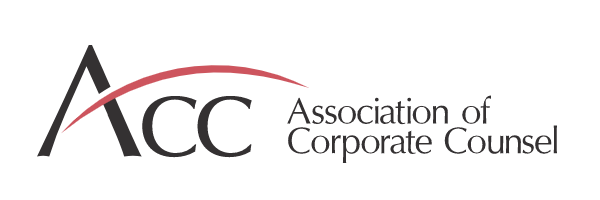What Senate Bills 9 & 10 Mean for Attorneys in San Diego
Unless you inherited your house from your grandmother (and keep a very very low profile), you know that the cost of real estate in California has been skyrocketing for decades.
Not even COVID could stop the real estate bubble, in fact, because many people didn’t want to move during the pandemic, it decreased the supply while the demand never slackened.
Immediately following the recent failed gubernatorial recall, Gavin Newsom put Senate Bills 9 & 10 on the CA Senate floor to help address the housing crisis in California.
As defined in a recent article in the NY Times:
“S.B. 9 allows duplexes to be built in most neighborhoods across the state, including places where apartments have long been banned.
S.B. 10 reduces environmental rules on multifamily housing and makes it easier for cities to add high-density development.”
Can you hear that? It’s the sound of people’s heads exploding.
San Diego is a big small town, you live here, you know. Neighborhoods as tony as Del Mar still have bungalows with beach views held onto by families who bought in the late ’60s and aren’t going anywhere. Housing prices have skyrocketed in the past 2 years with the median cost to buy a home topping $750K in 2021 and estimates saying the price will reach $1M next year.
So, What do Senate Bills 9 & 10 mean for attorneys in San Diego?
In theory, SB 9 would allow a family on an acre or 2 of land to build a casita, rent it out to a couple, make some income to pay their mortgage and in doing so also offset the housing shortage. In practice, developers are coming in, sweeping up family-owned properties and turning them into multi-unit rentals in areas like Clairemont Mesa and other suburban middle-class tracts that have not seen this kind of development since the 1950’s when they were first built up offering middle-income American’s a piece of the American dream.
SB 10 could allow more permitted buildings with less red tape to be built, easing the lengthy process of permits and ecological offsets to structures created in urban areas. Requirements for zoning changes can drive the cost of construction way up and delay projects that build housing in urban areas by months or in some cases even years which in turn raises the rent asked of those properties once they are complete. SB 10 should abate some of that and allow a streamlined route to more high-rise housing in areas like Hillcrest and UTC. In practice, those builders who began projects before SB10 will be at a disadvantage to those who are not required to adhere to the same rules, putting them at a competitive shortfall and potentially paving the way for lawsuits.
The US is a litigious society.
When we feel slighted, we sue. These new regulations in the San Diego housing market are sure to stir up their fair share of lawsuits, challenges, and infighting among developers and old school city residents.
Traffic, pollution, resources like grocery stores, schools, hospitals, urgent care clinics, gas stations, all will be affected by the tripling or more of the population in any one area. From a development perspective, the 2 bills go hand in hand very well allowing more units to be developed with less red tape and city interference.
So what should you beware of if your client is investing in a multi-family property newly allowed by SB’s 9 & 10?
How can you protect them from unnecessary litigation and headache down the road while still encouraging their CRE portfolio’s growth? One step you can take with little to no effort is to do a background check on the players involved. [WE CAN HELP WITH THAT]. If your search comes up with bankruptcies, charge-offs of debt, lawsuits for the past few decades, you’ll know the kind of person your client is getting in bed with and can triple-check those contracts to cut out any loopholes. On the other hand, if it comes back clear, it may just mean, they’re new at this game, so it’s probably still a good idea to check for loopholes in those contracts and investment disclosures.
Whether you fall on the side of the single-family homeowner who says, “not in my backyard” or the young couple looking to get their own place who wonder, “what can I afford?” or the developer who is looking to turn a profit and in doing so offset the housing shortage, SB 9 & 10 are sure to throw a cat among the pigeons in the San Diego Real Estate market for years to come.
The coming months and years are likely to be rife with lawsuits around these new developments. There are community boards that are adamant that their neighborhoods are not going to be the frontier of housing growth. It’s going to start somewhere and wherever it is, the changes are likely to be seismic and far-reaching.
















